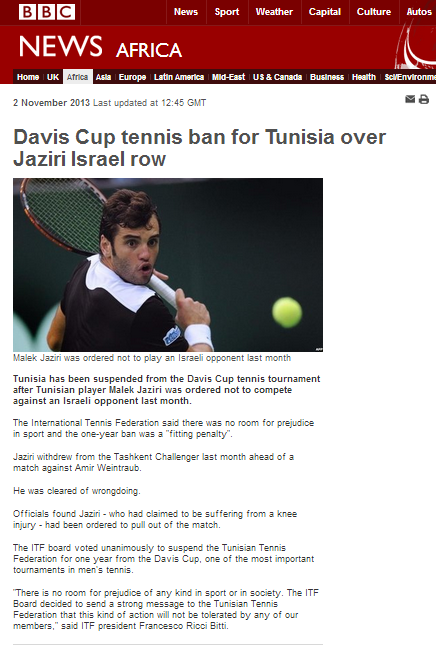On December 17th a report appeared in the ‘Features & Analysis’ section of the BBC News website’s Middle East page under the heading “Push for Palestine”. The report came from the BBC News ‘Inside Europe’ blog where it was titled “MEPs back Palestinian statehood bid” and it was written by Sofia Bettiza – now a researcher at BBC News in Brussels and formerly a European Parliament and European Commission employee.
The ‘Inside Europe’ blog informs visitors that:
“This blog is where BBC journalists in Brussels and across the continent will point you to diverse opinions, insightful analysis and nuggets of news you might otherwise miss.”
So did BBC audiences actually get any “insightful analysis” into the European Parliament’s decision to adopt a motion concerning Palestinian statehood? They were told by Sofia Bettiza that:
“The European Parliament voted to recognise Palestine as a state “in principle”, by an overwhelming majority – 498 in favour and 88 against.”
They were not, however, informed that one hundred and eleven parliamentarians abstained from the vote.
They were also told that:
“The MEPs voted to support “in principle recognition of Palestinian statehood and the two-state solution”, with Jerusalem as the capital of both states. The text also says that Israeli settlements are illegal under international law, and calls on the EU to become a facilitator in the Middle East peace process.”
The EU is of course already a partner in that process via its membership of the Quartet.
Readers of this article were not told that the text of the motion links recognition to negotiations.
“The European Parliament “supports in principle the recognition of Palestinian statehood and the two-state solution, and believes these should go hand in hand with the development of peace talks, which should be advanced,””
Neither was it clarified to readers that the version of the motion which was eventually adopted in fact rejects the idea of unconditional recognition of a Palestinian state:
“Lawmakers on the left had originally wanted to urge the EU’s 28 member states to recognize Palestine now without conditions. […]
However, conservatives and centrists said recognition should only form part of a negotiated agreement with Israel.
“With this vote, the European Parliament has clearly rejected an unconditional recognition separate from the peace negotiations,” said Elmar Brok, a German conservative who chairs the parliament’s foreign affairs committee.”
In fact, Bettiza goes on to suggest to BBC audiences that the European Parliament vote should be seen in the same light as previous ones in assorted European capitals which did fail to link recognition to negotiations, writing:
“There is growing momentum to recognise Palestinian statehood. In the past couple of months the parliaments of the UK, Republic of Ireland, Spain and France have all passed non-binding motions in favour. Sweden has gone further, officially recognising Palestine as a state. […]
The European Parliament clearly doesn’t want to lag behind.”
Bettiza closes:
“This vote is not legally binding, but it sends a strong message to the international community. Palestinian officials say they will press on with a bid for statehood at the UN – and this European support no doubt helps their cause.”
Quite how Bettiza imagines that a motion which clearly ties recognition to negotiations supports or helps the assorted unilateral Palestinian moves aimed at avoiding negotiations is unclear. It is, however, worth remembering one relevant point which the BBC’s researcher failed to note at all: the EU is part of the Quartet (together with the UN, the US and Russia) which is committed to solving the conflict through negotiation alone.
Clearly this article does little to meet the BBC’s remit of building “understanding of international issues” with its main achievement being to confuse audiences with regard to the motion and its significance. Perhaps if Sofia Bettiza had not limited her quest for quotes to MEPs from the Socialist group and the Greens, she might have come up with a more balanced, accurate and informative picture of the issue.
Related Articles:
EU Backs Palestinian Dictatorship Khaled Abu Toameh




